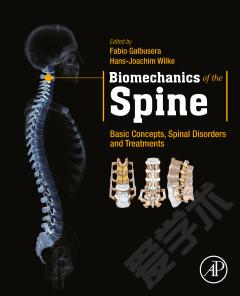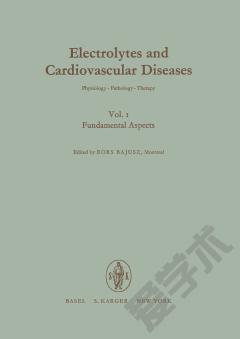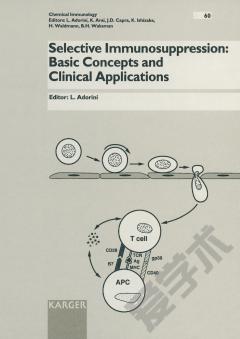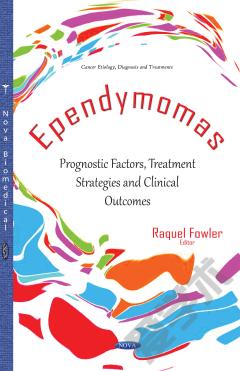Excitotoxicity: Fundamental Concepts, Pathophysiology and Treatment Strategies
Excitotoxicity is the pathological process in which neurons are damaged and killed by overstimulation of the excitatory neurotransmitter glutamate receptors. Excitotoxicity may be involved in spinal cord injury, stroke, traumatic brain injury, hearing loss (through noise overexposure or ototoxicity) and in neurodegenerative diseases of the central nervous system (CNS) such as multiple sclerosis, Alzheimer's disease, amyotrophic lateral sclerosis (ALS), Parkinson's disease, alcoholism or alcohol withdrawal and especially benzodiazepine withdrawal, and also Huntington's disease. In this book, the authors discuss the fundamental concepts, pathophysiology and treatment strategies of excitotoxicity. Topics include the involvement of glutamate excitotoxicity in Parkinson's disease; the relevance of the excitotoxic process to schizophrenia; the role of glial cells during the regenerative process and possible strategies of treatment to avoid neuronal damage; and an overview of the current concepts related to the intermittent-hypoxia-induced excitotoxicity in obstructive sleep apnea (OSA) disease.
{{comment.content}}








 京公网安备 11010802027623号
京公网安备 11010802027623号